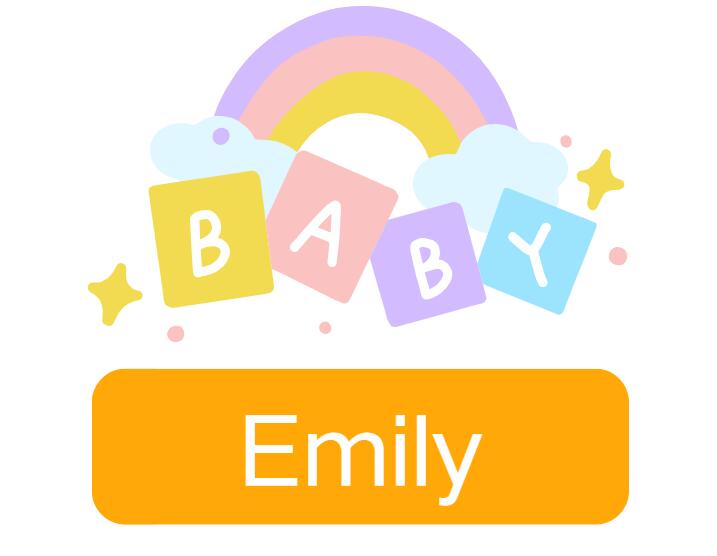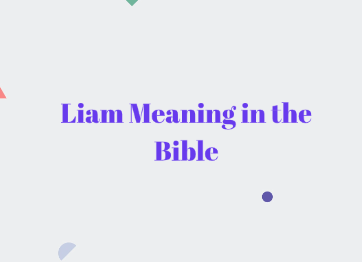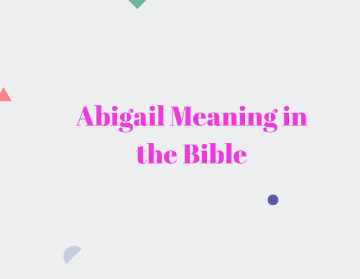Choosing a name for your baby girl is a significant and joyous decision. If you're considering the name "Emily," you may be curious about its meaning, origin, and cultural significance. In this article, we will explore the detailed background of the name Emily, providing you with all the information you need to make an informed choice.

The Meaning of Emily
Emily is a name that carries a variety of interpretations, all of which contribute to its timeless charm and elegance. Here are the key meanings associated with Emily:
1. Industrious: The name Emily is often associated with hard work and diligence. It is derived from the Latin name "Aemilia," which is related to the Latin word "aemulus," meaning "rival" or "industrious."
2. Striving: Another interpretation of Emily is "striving" or "eager," reflecting a determined and ambitious nature.
The Origin of the Name Emily
Emily has a rich and diverse origin, with historical and cultural roots that span across different languages and regions. Let's explore its background:
Latin Origin
The name Emily originates from the Latin name "Aemilia," which was a feminine form of "Aemilius," an ancient Roman family name. The Aemilius family was one of the most prominent and influential patrician families in ancient Rome. The name "Aemilia" eventually evolved into Emily, maintaining its connection to the themes of industriousness and ambition.
English Adoption
Emily became a popular name in England during the 18th century. Its adoption was influenced by the literary works of the time, notably those of Henry Fielding, whose novel "Amelia" (1751) helped popularize the name. The name Emily gained further popularity in the 19th century, thanks in part to the fame of English poet Emily Dickinson.
Popularity of the Name Emily
Emily has enjoyed enduring popularity across the world, particularly in English-speaking countries. It has consistently ranked high on baby name charts for decades. In the United States, Emily was one of the top five most popular names for girls from the 1990s to the early 2000s. Its timeless appeal and elegant sound make it a beloved choice for many parents.
Famous Personalities Named Emily
Several notable individuals have borne the name Emily, contributing to its cultural significance and enduring charm:
Emily Dickinson: A renowned American poet known for her unique and poignant poetry that explores themes of life, death, and nature.
Emily Brontë: An English novelist and poet best known for her classic novel "Wuthering Heights," which remains a staple in English literature.
Emily Blunt: A British actress acclaimed for her roles in films such as "The Devil Wears Prada," "A Quiet Place," and "Mary Poppins Returns."
Variations and Nicknames
The name Emily has several variations and nicknames, making it adaptable and versatile. Some common variations include:
Emilia: A popular variant in Italian, Spanish, and Polish cultures.
Emilie: A French and German variation of the name.
Popular nicknames for Emily include:
Em: A simple and affectionate short form.
Emmy: A playful and endearing diminutive.
Millie: A charming and vintage nickname.
The name Emily is a classic and elegant choice for a baby girl, enriched with deep historical, cultural, and literary significance. Whether you are drawn to its Latin roots, its adoption in English literature, or its timeless popularity, Emily offers a name that is both sophisticated and endearing. Its enduring appeal and the notable figures who bear the name further enhance its attractiveness, making Emily a name that will stand the test of time.






